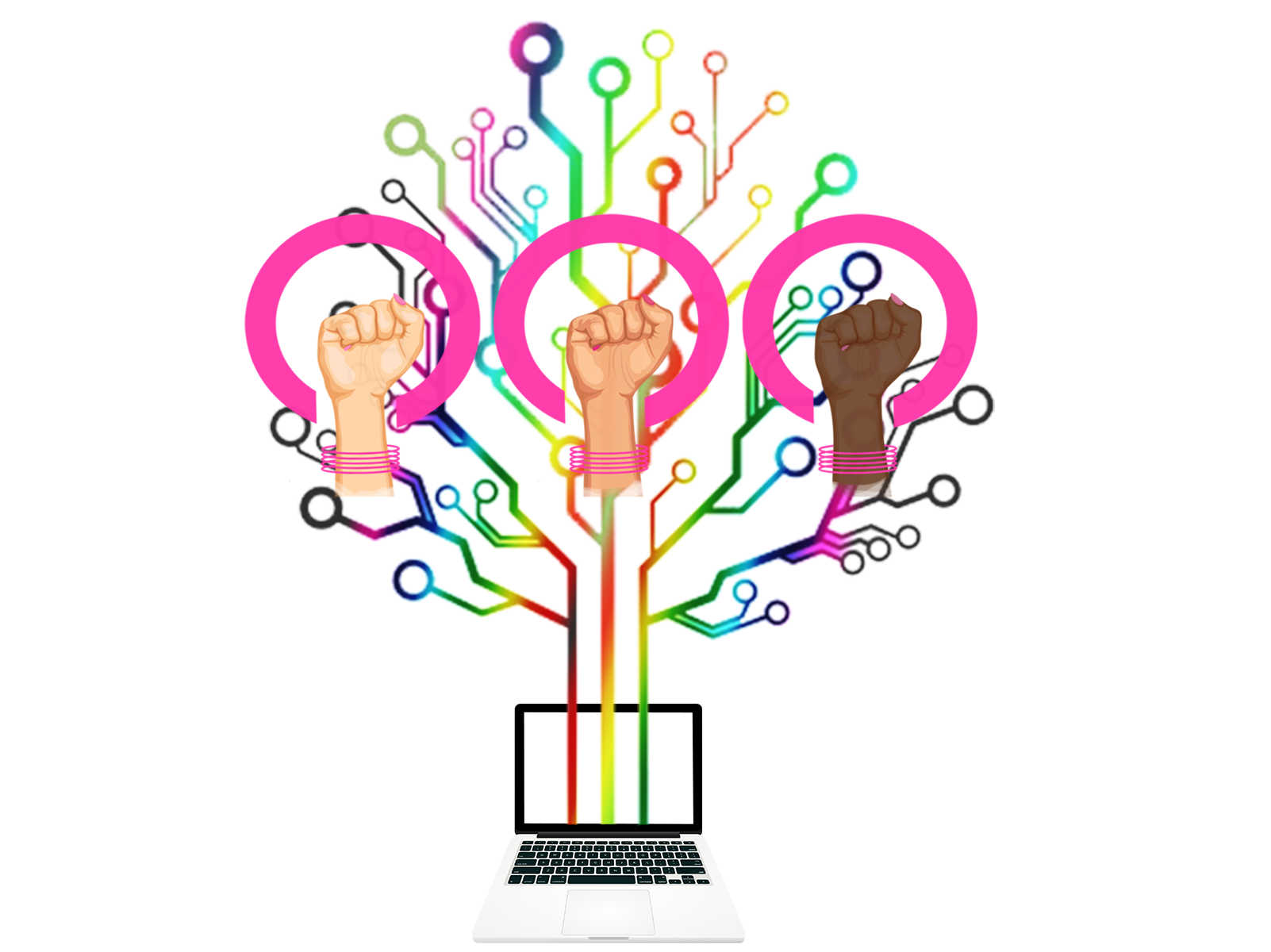FRAGMENTATION
The basis of lenticular logic is based in the isolation of two integrated ideas or things to create simplicity. However, without looking at both at the same time, you are unable to see the full picture. McPherson in “Why Are the Digital Humanities So White?” described how this simplification of data processing is used throughout computer technology. She also described how this line of thinking is visible when social movements are isolated from greater economic or technological contexts. Our brains are wired to simplify the information we receive and group it into more easily understandable parts.
The creation and initial programming of the internet happened at the same time as the Civil Rights Movements and other counterculture movements, so those in control of original computer design were almost entirely white men. The exclusion of marginalized voices in the design of the digital system that now so heavily shapes the way we live our lives characterizes its accessibility and potential for inclusion. The internet was designed to fit the needs of white male culture and individuals, rather than that of society as a whole. By including diversity in the creation of programming, designs are more likely to fulfill the needs of a larger population. However, realistically the internet will not be replaced or fundamentally altered anytime soon. It is so crucial to the way we function today that it will likely never be abandoned, aside from forward progression and new improvements. We cannot go back and change the past, but once a problem is recognized and discussed it should be addressed and resolved. Moving forward in computer design and programming, marginalized voices are essential to shape a system inclusive to all users.
In the context of social movements, minds trained for lenticular thinking limit the potential for intersectionality. The social justice world is characterized by isolated movements for racial equality, gender equality, economic justice and environmental protection. However, these, and the countless other facets, are not exclusive to one another. Black queer women experience an entirely different form of oppression than straight black men, although they have the same racial identity. Only by seeing these individuals as fully human and in multiple dimensions can we fully understand the personal experience of oppression they face in the context of our society.
